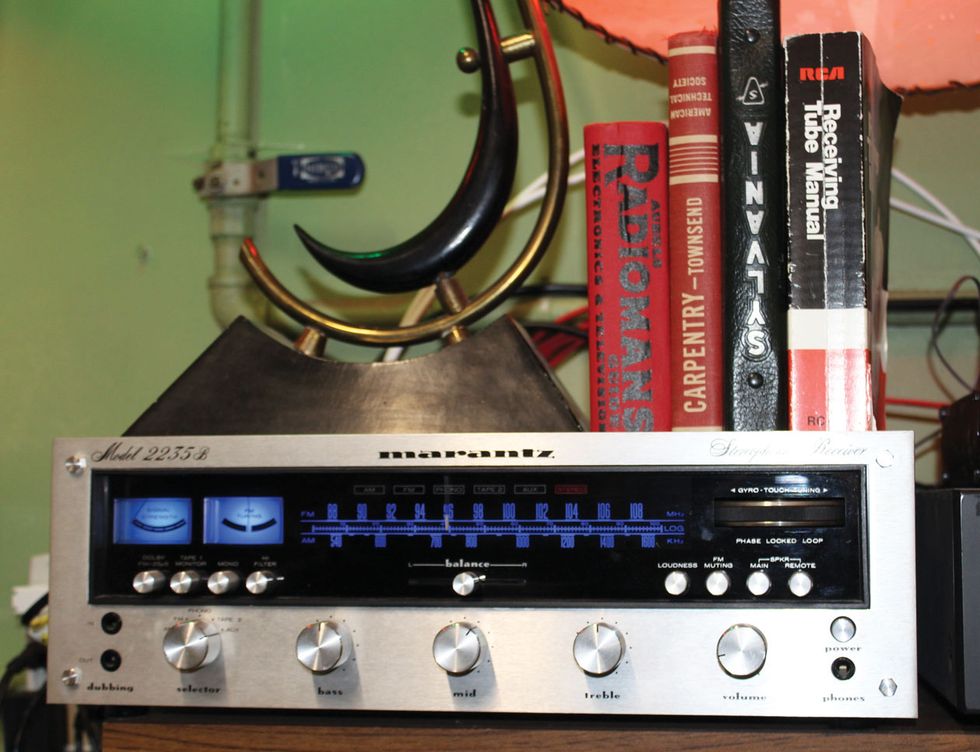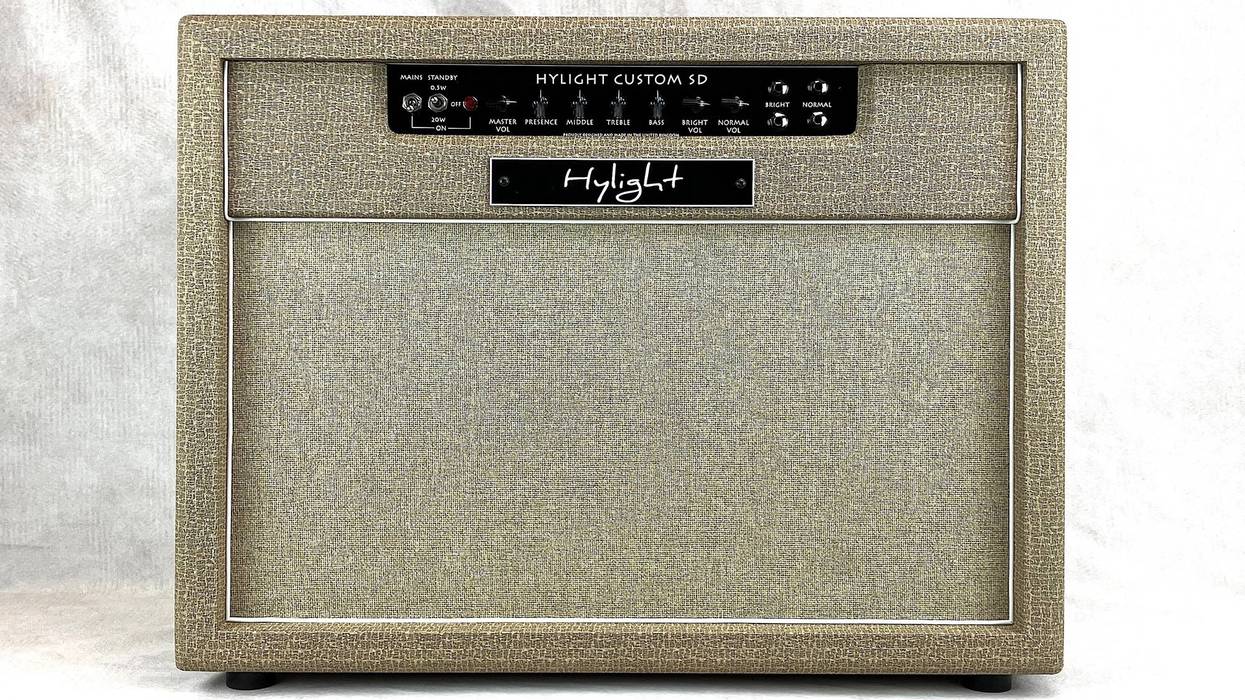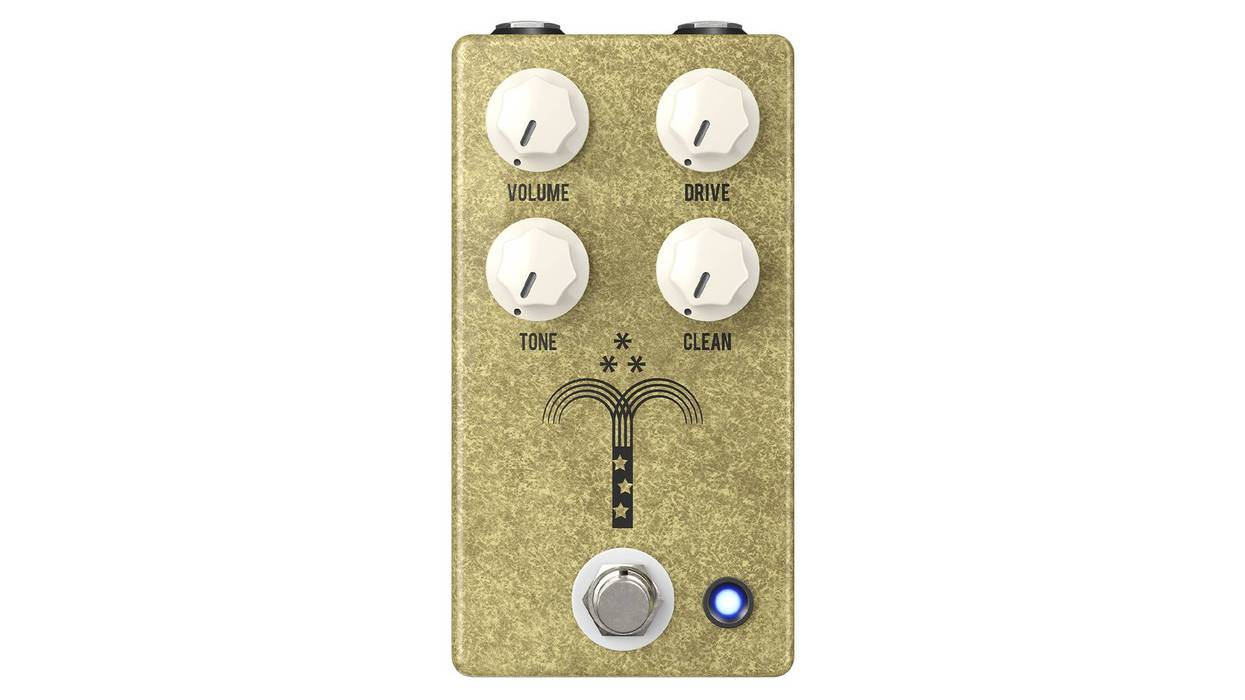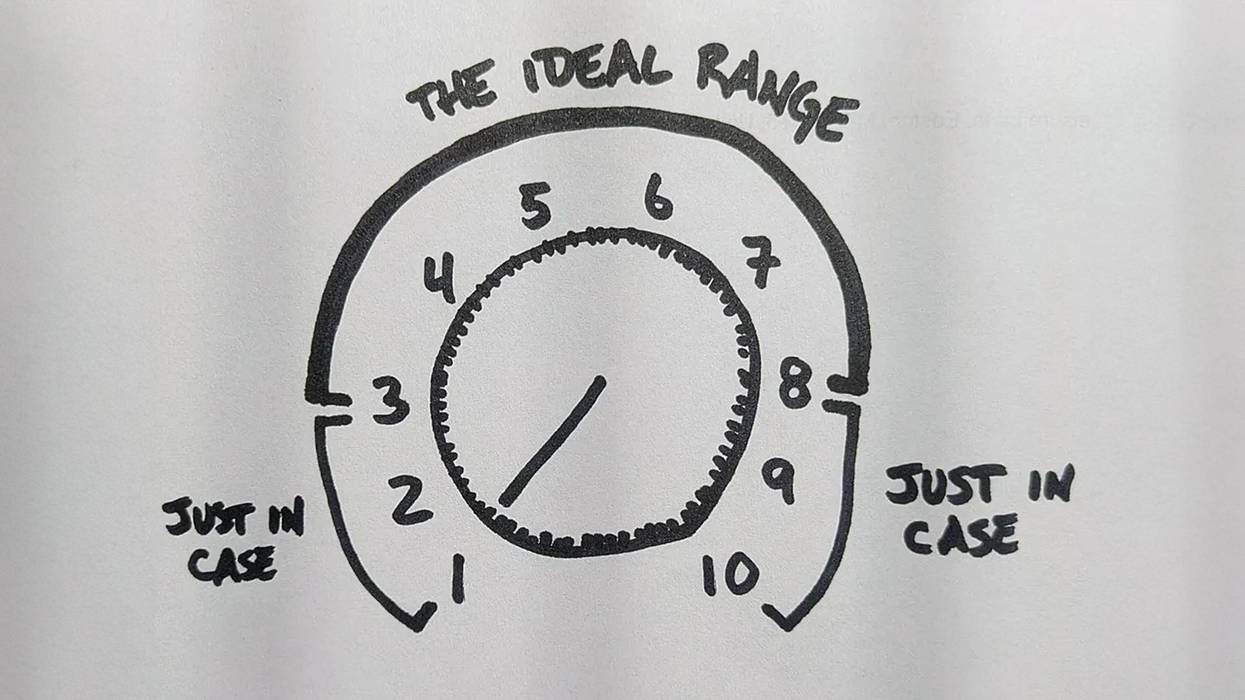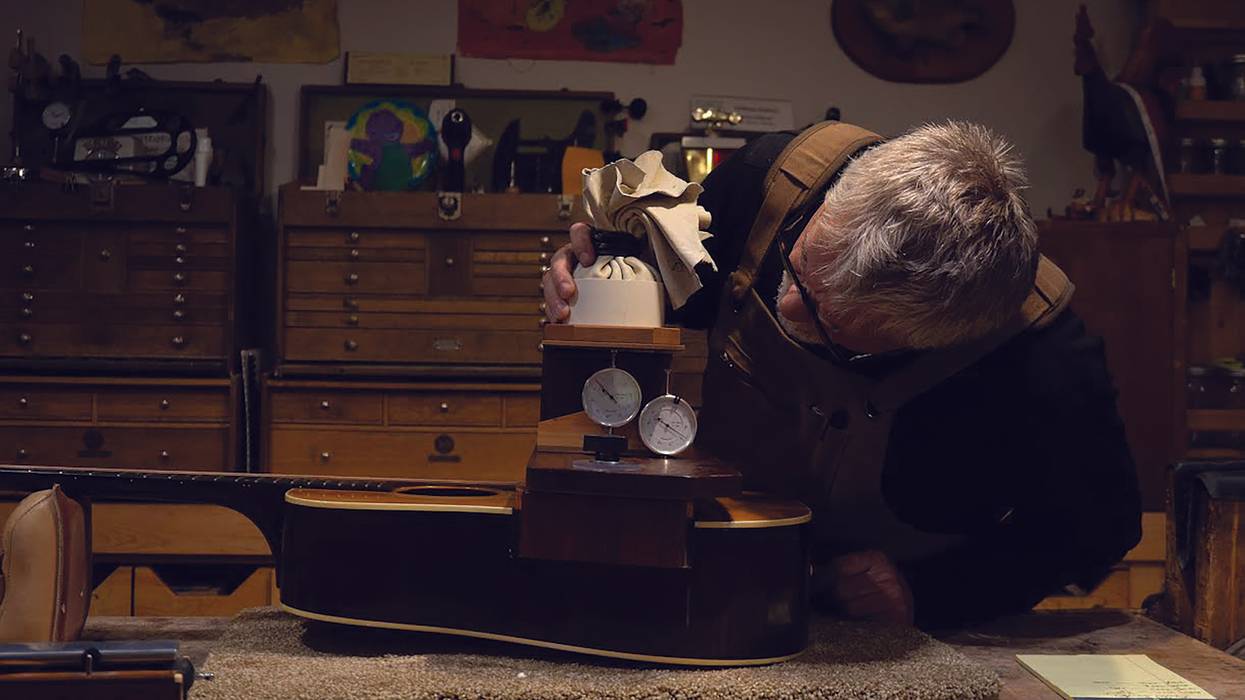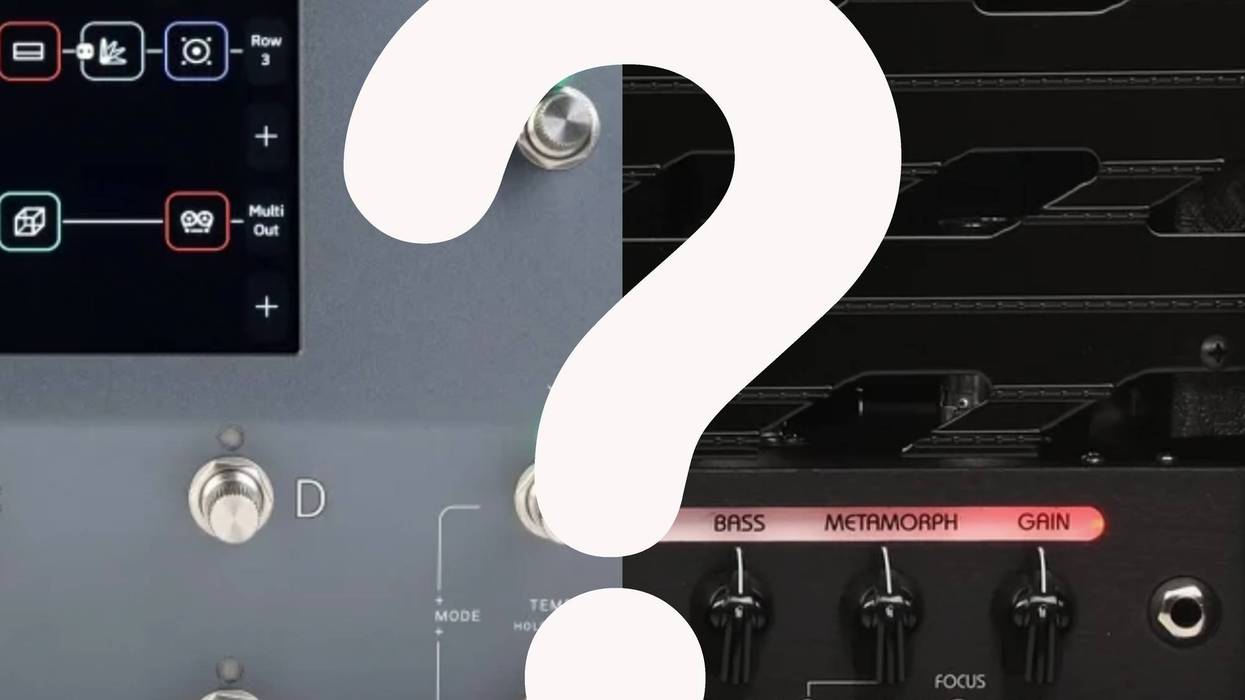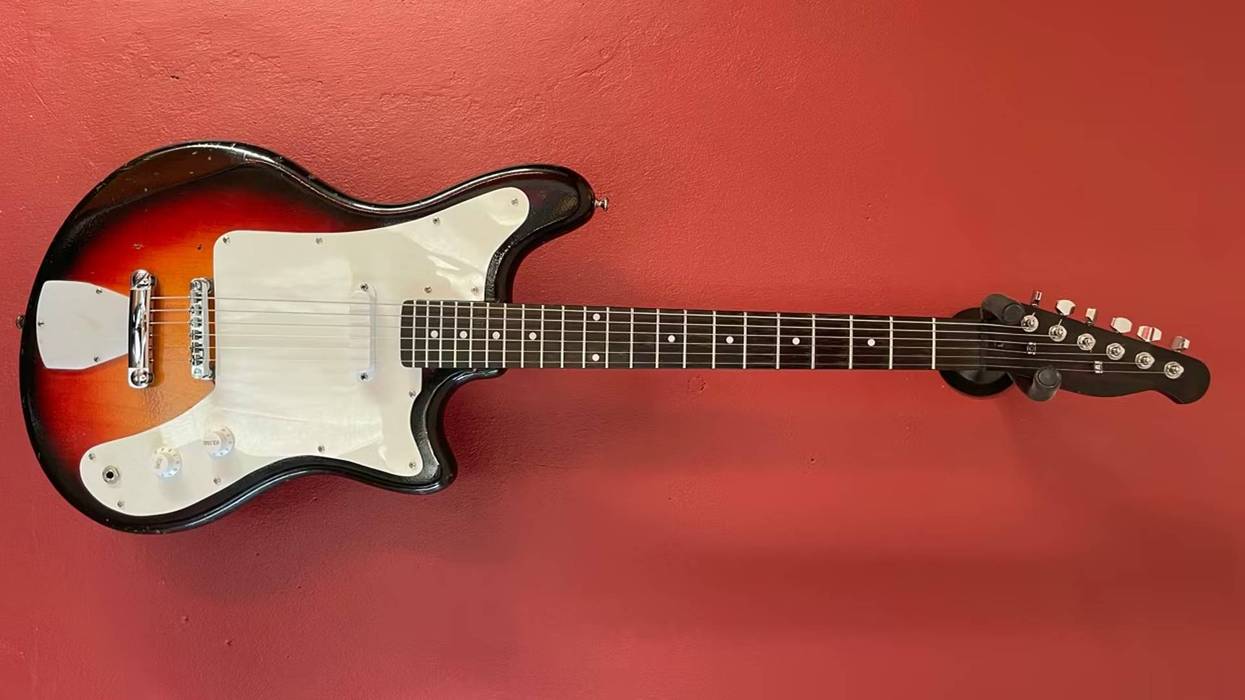I’ve been told I’m a good listener. I’ve worked at it, and find there is a lot you can learn if you resist the urge to jump in with comments or guesses about what a person who is talking means. That’s hard to do, because it’s natural to get excited while waiting your turn to speak. But for a musician curious about getting the best from guitar equipment, listening is essential.
Once I started really getting into music, in the mid ’70s, I noticed something strange. My parents Soundesign stereo didn’t seem as involving as my buddy’s dad’s Marantz at his place down the street. Listening at home, I wondered, “Where is the guitar, where is the swagger and groove? Could equipment matter?” I needed better sound!
Just after eighth grade, my mom came to the rescue with an unwanted summer job: plumber’s helper. It seemed a crime to waste a summer working, though in the end it was worth it, because I purchased a good stereo of my own with nice headphones. This was how my real appreciation of recorded guitar tone began. I spent countless hours lying in bed listening to records and guitars—clean, distorted, in between, you name it—and wondering “How do they get that tone?” I was an armchair engineer, in a way.
As I was getting into bands I had these tone ideals in my head. I was a tone-wanderer, never satisfied, pushing for better and different gear, and occasionally finding really great stuff and then trading it … with the usual later regret. I listened hard, really focusing on my gear and my friends’ gear, growing a catalog of sonic preferences.
Years later, while I’m prototyping amps, it’s much the same as I’m playing and trying circuits, listening and remembering. Feeling the way the amp reacts and how it affects you is a big factor, too. Do you forget yourself for a while? Well, that’s great, because making an amp that gets you lost in the sound of your playing means a lot. String definition with bouncy dynamics is what I listen for in amplifiers—the ability for the sound to stop and start with snap. I love hearing the windings on the low strings and how cleans can melt into overdrive. But a great amp tone is not just one thing, and over time you expand your educated personal preferences. Listening is active: It must be practiced so you really learn what you like.
what you like.
Speaking of folks who know what they like, around 2003, I was in the shop one day when the phone rang. The voice on the other side said, “Hello, this is Eric Johnson and I’ve been hearing about your amps.” Wow, all right! You have my attention! Eric went on to tell me about all the places he’s playing. Then, he puts down the phone and plays a live recording he just did. I can’t get a word in edgewise, but, as a good listener, I wait him out. Eric comes back to the phone after the 5-minute tune is over and says he needs an amp right away for a new studio album he’s about to do. Can we send an amp for him to use, and he will credit us on the record and then either send it back or buy it? It was a long call but exciting, and we decided to divert an amp from a dealer we were shipping to that day. Seemed like a great opportunity for a young company like ours … but I had a weird feeling.
The box was labeled for UPS and they were coming in an hour. Feeling uneasy, I called David Wilson of The ToneQuest Report. David did a story on us back in 2001, he’s very friendly, and he also knows Eric Johnson well. I described the telephone encounter to David, and told him the home address Mr. Johnson gave us. Turns out, that was not Eric’s address, and apparently Eric was away touring with no recording scheduled. David’s advice was “Don’t send the amp!”
I ripped the UPS label off the box, and David put me in contact with Eric’s manager so I could fill him in. About two weeks went by, and I got another call: from an FBI agent, who wanted to hear every detail of my conversation with “Eric Johnson.” It seems the police stopped in on fake Eric and found the house choked with guitars, pedals, and amps—many of them still in shipping boxes from all manner of small boutique makers who’d received similar requests. Interstate fraud, criminal impersonation … this had become a federal crime. I never found out how the story ended, although the FBI agent said Eric II truly believed he was the real Eric Johnson and expressed confusion about why there was a problem. He had gigs to get to and records to record.
The moral: As we all know there is no substitute for experience and some hard knocks. Trust your ears, hands, and, as this case illustrates, gut.


